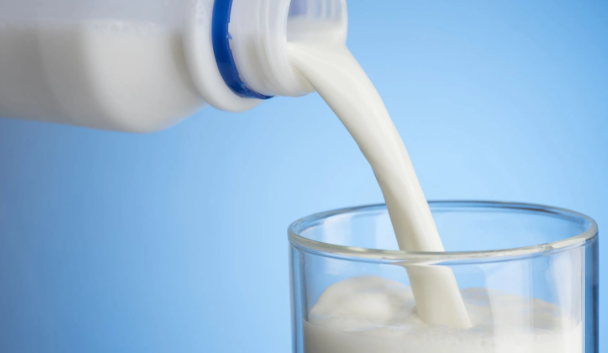×
The Standard e-Paper
Join Thousands Daily

Kenya’s dairy farmers have historically been left to their own devices by successive governments.
Sometimes, desperate farmers cross into Uganda and Tanzania to look for affordable supplements and feeds, which are very expensive locally.